Perpetrators of click fraud are getting sneakier and sneakier. Harvard Business School professor Ben Edelman has uncovered one of the more diabolical click fraud schemes known to be hatched. As he summarizes it:
Here, spyware on a user’s PC monitors the user’s browsing to determine the user’s likely purchase intent. Then the spyware fakes a click on a Google PPC ad promoting the exact merchant the user was already visiting. If the user proceeds to make a purchase — reasonably likely for a user already intentionally requesting the merchant’s site — the merchant will naturally credit Google for the sale. Furthermore, a standard ad optimization strategy will lead the merchant to increase its Google PPC bid for this keyword on the reasonable (albeit mistaken) view that Google is successfully finding new customers. But in fact Google and its partners are merely taking credit for customers the merchant had already reached by other methods.
Do you cosider click fraud a big concern? Discuss here.
Edelman details all of the specifics about his dicovery, pointing to an example perpetrator – Trafficsolar, which he blames InfoSpace for connecting Google to. He also suggests Google discontinue its relationship with InfoSpace and other partners who have their own chains of partners, making everything harder to monitor. In his example, he finds an astounding seven intermediaries in the chain between the click and the Google ad itself.
 "Furthermore, Google styles its advertising as ‘pay per click’, promising advertisers that ‘You’re charged only if someone clicks your ad,’" says Edelman. "But here, the video and packet log clearly confirm that the Google click link was invoked without a user even seeing a Google ad link, not to mention clicking it. Advertisers paying high Google prices deserve high-quality ad placements, not spyware popups and click fraud."
"Furthermore, Google styles its advertising as ‘pay per click’, promising advertisers that ‘You’re charged only if someone clicks your ad,’" says Edelman. "But here, the video and packet log clearly confirm that the Google click link was invoked without a user even seeing a Google ad link, not to mention clicking it. Advertisers paying high Google prices deserve high-quality ad placements, not spyware popups and click fraud."
As Andy Greenberg with Forbes points out in an article, which brought Edelman’s findings to the forefront of mainstream exposure (and likely to Google’s attention), Edelman has a history of criticizing Google, is actually involved with a lawsuit involving misplacement of Google ads, and has served as a consultant to Microsoft, but maintains that this research is not funded by Microsoft or a company involved in that lawsuit. Greenberg reports:
As for its ability to detect the new form of click fraud, Google has long argued that it credits advertisers for as much as 10% of their ad spending based on click fraud that the company detects. While the company wouldn’t comment on Edelman’s TrafficShare example, a spokesperson wrote that the company uses "hundreds of data points" to detect fraud, not just clicks.
In a report last October, click fraud research firm Click Forensics measured click fraud at around 14%, significantly higher than Google’s estimates. But even Click Forensics may not be counting the sort of click fraud Edelman accuses TrafficSolar of committing. Because Click Forensics’ data is pulled from advertisers, the company can’t necessarily detect click fraud that is disguised as real customers and real sales, according to the company’s chief executive, Paul Pellman. Pellman believes, however, that the kind of click fraud Edelman discovered is likely mixed with traditional click fraud to increase the scheme’s traffic volume while keeping it hidden.
Click Forensics’ own Steve O’Brien says "it was probably a fairly low-volume scheme to begin with. It’s limited to machines of users that are infected with spyware who also visit select Google advertisers…It’s a problem, but probably not a huge one. What would make it more serious is if there were another version of the spyware that simply clicks on paid links in the background without the user’s knowledge…"
As for Edelman’s suggestion that Google sever ties with Infospace and the like, O’Brien doesn’t think it is worth going that far. "A better solution would be for Google and InfoSpace to deal only with reputable partners who provide verified, audited clicks to ensure advertisers get what they pay for," says O’Brien.
Though Click Forensics appears to downplay the threat compared to Edelman’s own analysis, it shows the increasing sophistication with which fraudsters are carrying out their plots. Good times.
Do you think Google should take more action in trying to prevent new kinds of click fraud? Share your thoughts here.
Related Articles:
> How Search Engines Manage Click Fraud
> Botnets Driving Click fraud Traffic
> Massive Click Fraud Ring Shut Down
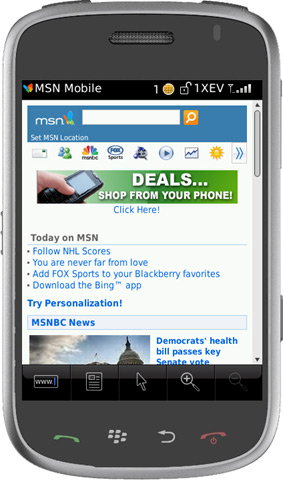
 "Yahoo! and the entire online industry face challenges that are increasingly complex and require an interdisciplinary approach to solve," said Prabhakar Raghavan, head of Yahoo! Labs.
"Yahoo! and the entire online industry face challenges that are increasingly complex and require an interdisciplinary approach to solve," said Prabhakar Raghavan, head of Yahoo! Labs. 
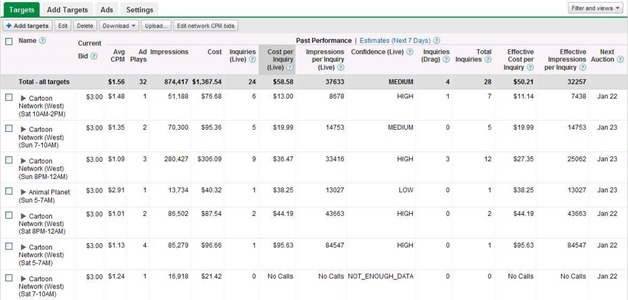
 G + J Electronic Media Service, IP Deutschland, SevenOne Media, and Tomorrow Focus Portal intend to work together in the realm of online display advertising. A statement issued today explained that they will "develop and sell a new product to allow advertisers to reach better defined target groups of Internet users whose profiles would be created based on anonymous data collected throughout a large network of participating websites."
G + J Electronic Media Service, IP Deutschland, SevenOne Media, and Tomorrow Focus Portal intend to work together in the realm of online display advertising. A statement issued today explained that they will "develop and sell a new product to allow advertisers to reach better defined target groups of Internet users whose profiles would be created based on anonymous data collected throughout a large network of participating websites."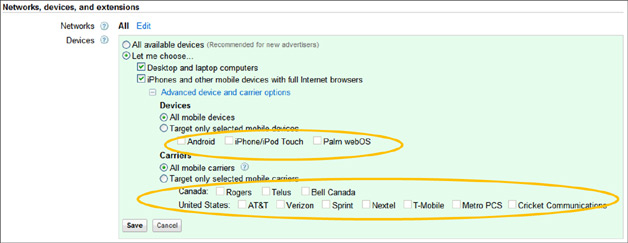
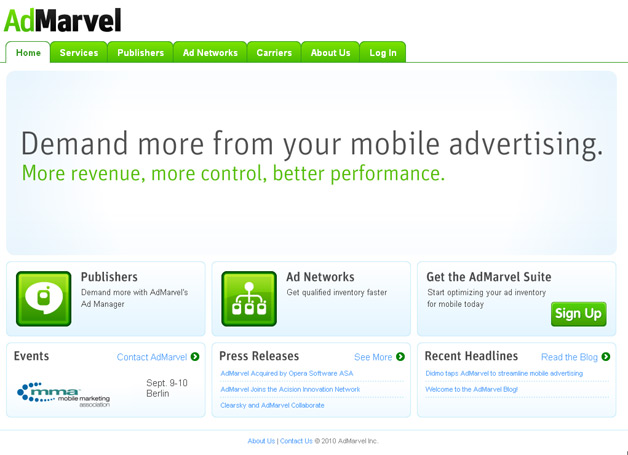
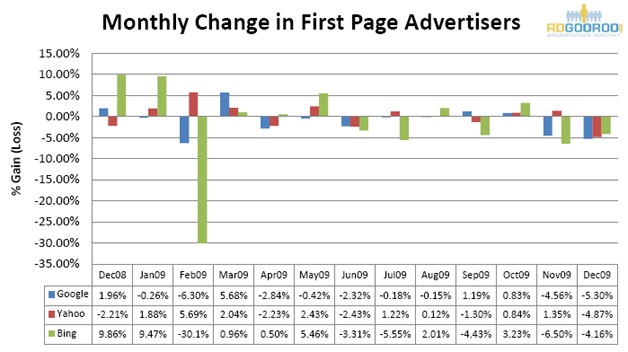
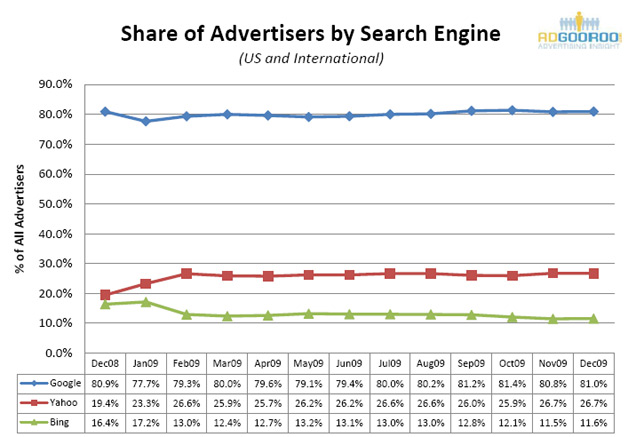
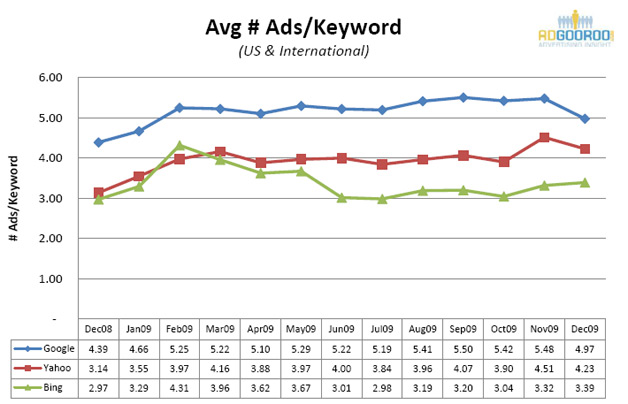
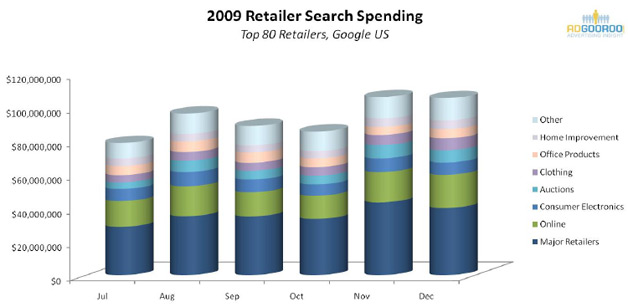

 "Furthermore, Google styles its advertising as ‘pay per click’, promising advertisers that ‘You’re charged only if someone clicks your ad,’" says Edelman. "But here, the video and packet log clearly confirm that the Google click link was invoked without a user even seeing a Google ad link, not to mention clicking it. Advertisers paying high Google prices deserve high-quality ad placements, not spyware popups and click fraud."
"Furthermore, Google styles its advertising as ‘pay per click’, promising advertisers that ‘You’re charged only if someone clicks your ad,’" says Edelman. "But here, the video and packet log clearly confirm that the Google click link was invoked without a user even seeing a Google ad link, not to mention clicking it. Advertisers paying high Google prices deserve high-quality ad placements, not spyware popups and click fraud."
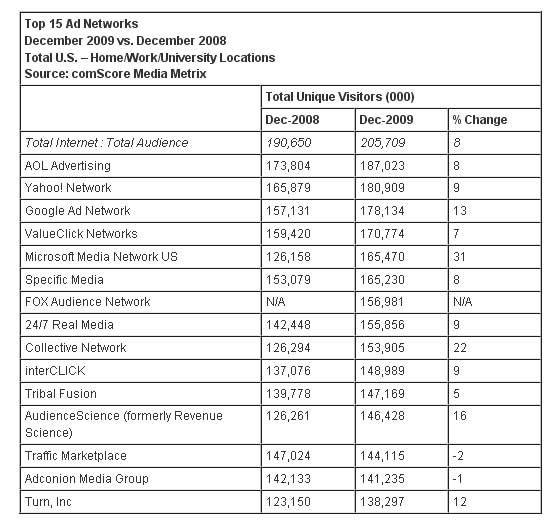



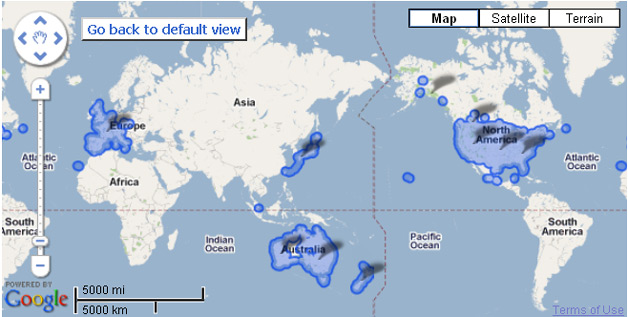
 "While the consumption of mobile content has grown exponentially, particularly with the iPhone and Android platforms, the ability to monetize the mobile web has become increasingly difficult for premium publishers," said Rajeev Goel, Co-Founder and CEO of
"While the consumption of mobile content has grown exponentially, particularly with the iPhone and Android platforms, the ability to monetize the mobile web has become increasingly difficult for premium publishers," said Rajeev Goel, Co-Founder and CEO of 

